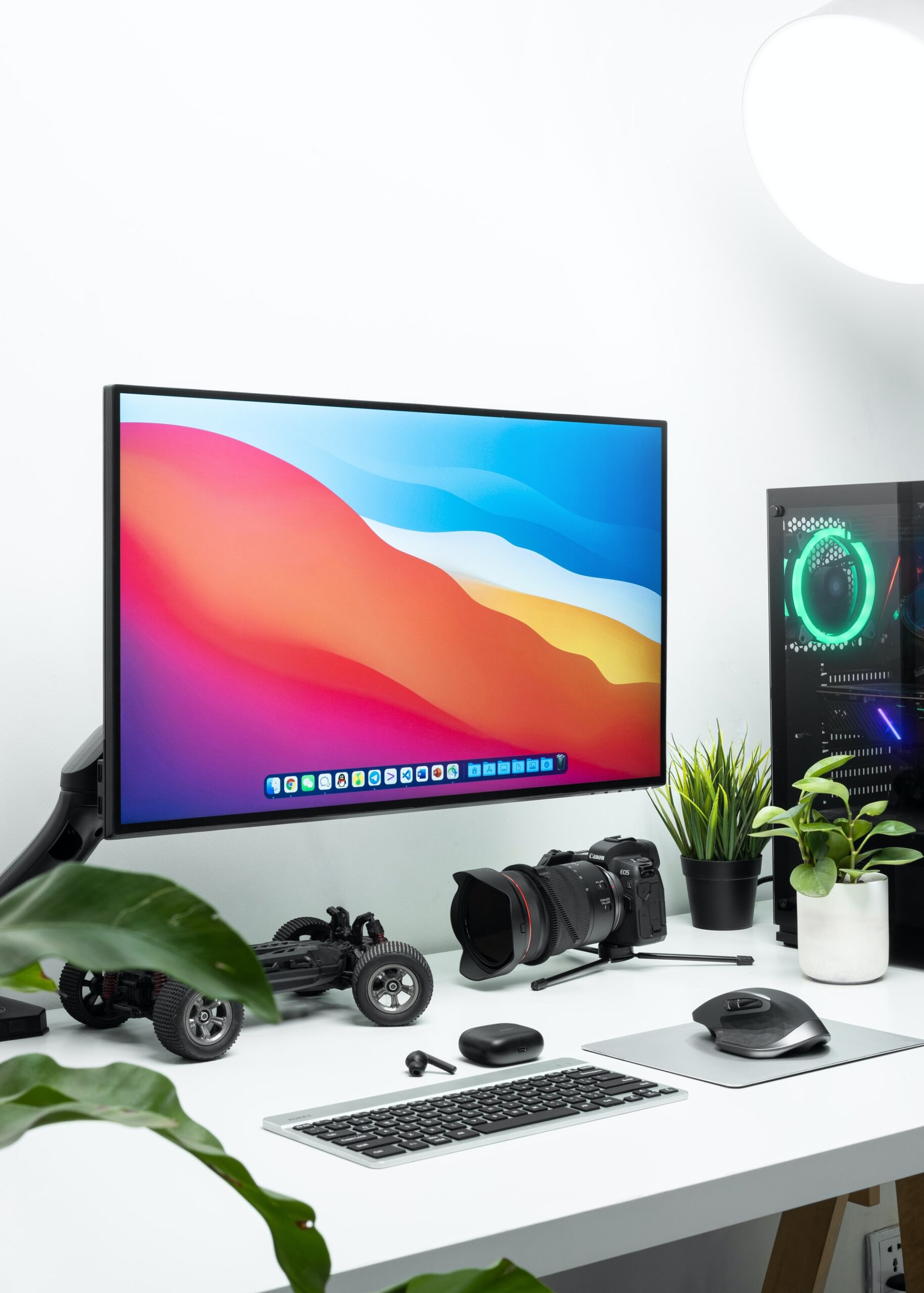Is There Anything I Can Do on Linux That I Can’t Do on Windows?
This question has come up for many Windows users who are interested in other operating systems, particularly Linux. One could try to find an answer to this question on various kinds of computer forums, but it is unlikely to be successful.
Forums are often frequented by Windows, Linux, Ubuntu and macOS fans. And of course everyone tries to convince us that their favourite operating system is the best. But nobody gives a reasoned answer about the differences and reasons why one operating system is better than another or vice versa. We took the liberty to write an article disclosing the very special features that make Linux and Windows stand out.
Main Advantages of Linux
Of course, there are many more special advantages of Linux, but we will tell you about the main ones.
- Affordability: Windows for all of its software asks for payment for licenses, which are often extremely expensive. Users who cannot afford to pay this price are usually forced to resort to piracy. Linux, on the other hand, offers a huge range of software for free.
- We can create our own operating system: A great advantage of Linux is the possibility to create your own operating system. This is possible due to the availability of the Linux source code and numerous free programs. With this foundation in place, experienced users or developers can make adjustments and create their own unique system based on Linux. This is not the case with Windows.
- The ability to keep your privacy: As we know, Windows 10 is equipped with a personal productivity assistant called Cortana. Despite the benefit it may bring to the user, Cortana asks for location and a number of other data. Thereby reducing user privacy and possible data leakage. Linux makes it possible to remain incognito and without fear of computer viruses.
- Single access account: While Microsoft Windows requires the user to be bound to multiple accounts, Linux does not. First of all, an account itself is optional – the number of uses for it is negligible. And even if you do need one, it is one account – almost all services that are connected to Linux in any way are linked to Ubuntu One – a single account.
- Diversity distributions: Are you a designer? A writer? An artist? A translator? Then you may already have a distribution kit ready for you that contains all the software you need! If in Windows you had to download everything (and even from obscure sites, at the risk of catching a virus!), Linux is based on many distributions that are already set up for specific needs. For example, for a small (or large) studio Ubuntu Studio, for a translator TuxTrans, for an artist Fedora Design Suite, for a musician KXStudio.
- Live CD for Linux: This is something that Windows does not provide, or rather does not offer in a proper quality. Users can test some Windows systems without installing them, e.g. Windows XP Live. But in most cases you will encounter a blue screen or other bugs. Whereas Linux gives you the option to test most of its systems without installation. The developer has a Live CD available for this purpose.
- Number of distributions: Windows has only one distribution in different versions. Linux has thousands of distributions with their own desktop environment variants. The power of Linux is such that even Microsoft has its own Linux distribution.
- System security: Linux has its roots in prehistoric UNIX systems – and many of the principles have remained the same since then. Since all code is low-level (not dependent on any additional libraries), hacking devices will be difficult. Also, the number of Linux users is still too small for hackers to pay attention to it as an attack platform.
- Stability and no cleaning: If Windows requires a lot of updates and gets “clogged” every six months, this is not the case with Linux. There is no registry in the usual sense of the word and all installed packages and programs are easily monitored. So goodbye to frequent reinstallation!

Of course, the list of Linux advantages could go on and on:
- fast task completion
- the ability to download upgraded systems with low requirements
- little things like not having to reboot your PC to install updates
- simple and easy to use terminal
- can be installed on minimal hardware and is more stable than Windows
- Linux comes with built-in repositories by default, which can be used to install various software on your system
- it is possible to configure a firewall to regulate traffic flows
- and many others. It seems the list could go on and on.
Finally
It seems that by far Windows is superior to Linux solely in terms of the number of users. There is another significant aspect, and that is the better performance of Windows for games. But on that point, there are many ways to play your favourite games and still enjoy the delights of Linux.
Of course, Windows may be more familiar or liked by some for some other aspects. But we have pointed out in our opinion the significant advantages of Linux over the above-mentioned competitor.

